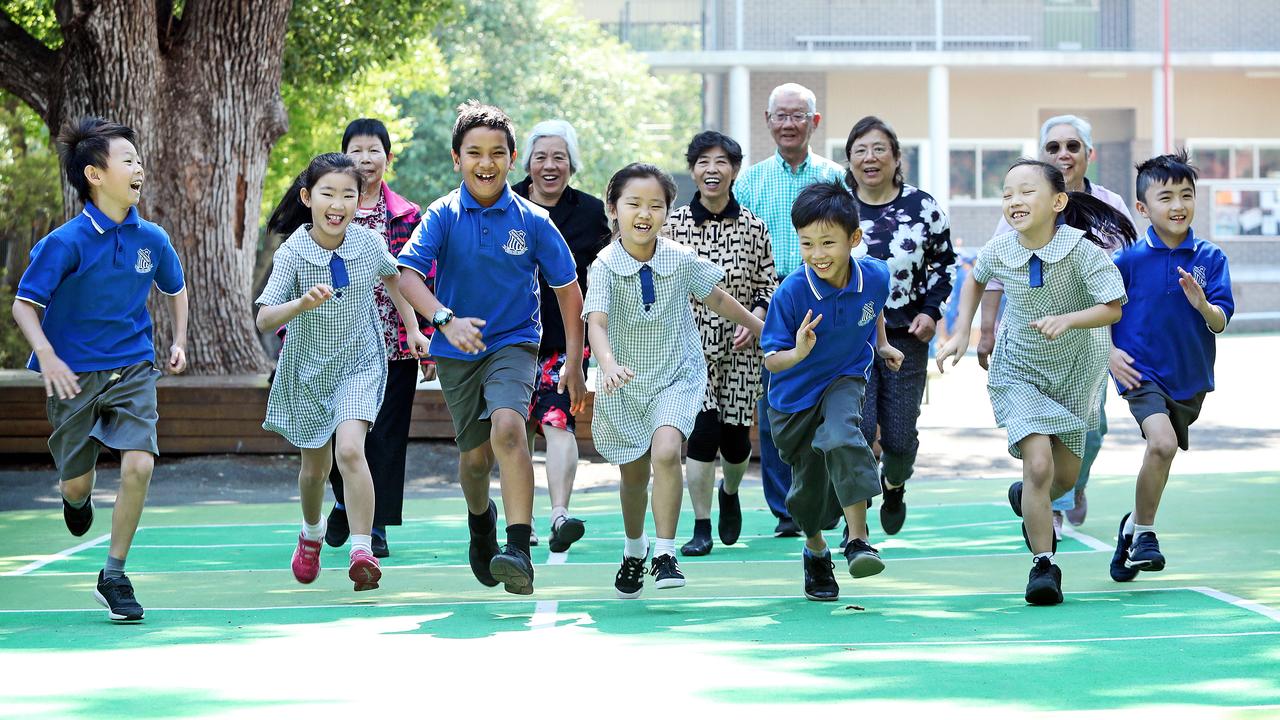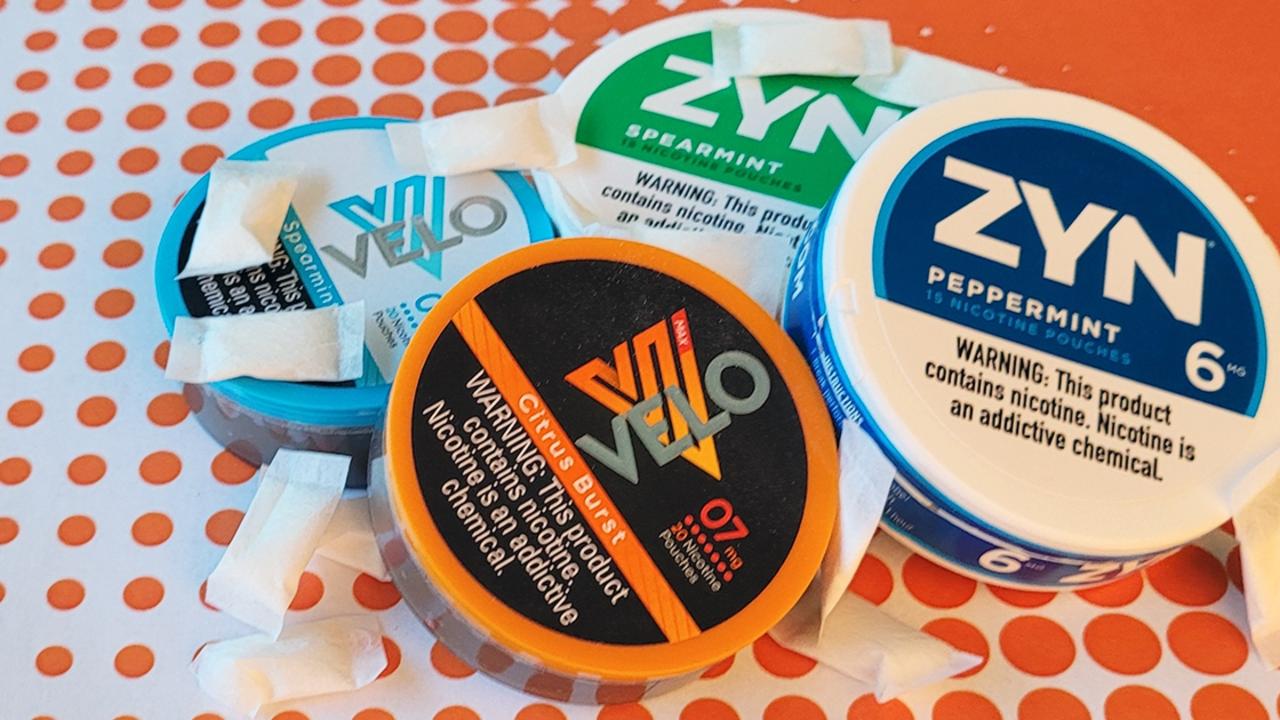PISA schools test allows students to compare skills with international peers
Australian schools will now be able to compare their results with those of schools in other countries with a new test being offered from next month.
Education
Don't miss out on the headlines from Education. Followed categories will be added to My News.
Schools in Australia will for the first time be able to see how their students are going compared with their international peers in key subject and skills.
A new test called PISA for Schools will be made available to teachers from next month. It is based on the Program for International Student Assessment (PISA) test that the Organisation for Economic Co-operation and Development (OECD) conducts every three years in randomly-selected schools around the globe.
While the PISA test runs on a set timetable — the next one to be held in 2022 — PISA for Schools will be able to be conducted at any time by a participating school to see how their students are faring.
Sydney-based education technology company Janison, in partnership with the OECD, was recently given the exclusive rights to offer Australian schools the opportunity to conduct the tests.
OECD Education and Skills director Andreas Schleicher said the PISA for Schools assessment test would give schools the tools to compare the performance of their own students at any time.
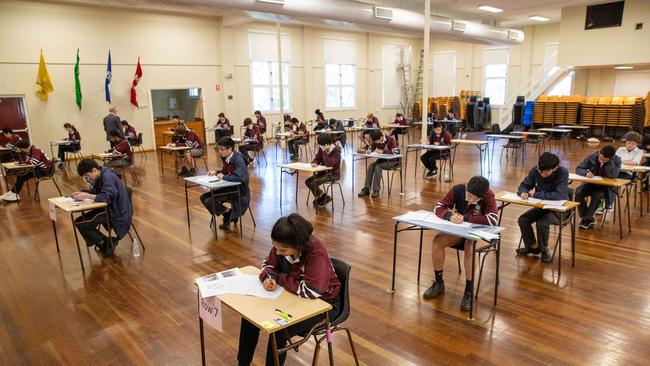
The three-hour online assessment comprised a two hour cognitive test in reading, mathematics and science with the test using scenario-based real life questions designed to go beyond the curriculum.
There is also a 30-minute questionnaire which asks information about a student’s situation at home and school, reactions to the learning environment, and confidence and motivation for doing well at school.
PISA for Schools also includes a special analysis of the impact of the COVID-19 pandemic based on students’ own experience of distance learning, the use of technology and how they managed their return to classrooms.
Sophisticated data and analysis will also allow schools to compare themselves to others in Australia and around the world.
While the assessment results would not generate “league tables” in the same way the PISA tests do — the results will not be published, participating schools would be able to choose to share their insights
Sophisticated data and analysis will also allow schools to compare themselves to others in Australia and around the world.
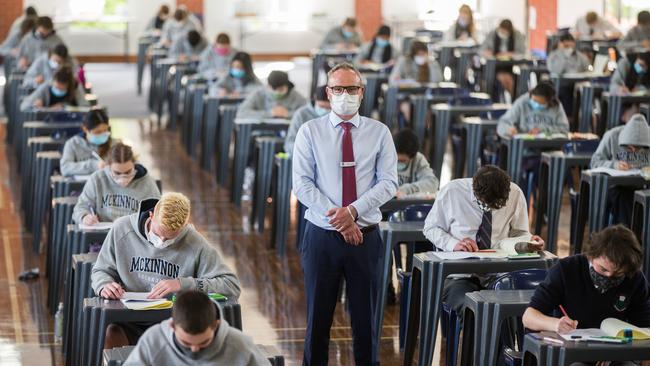
Participating schools would receive their own tailored school report with information on students’ skills in reading, mathematics and science, he said.
“As ever, schools participate on a voluntary basis,” Mr Schleicher said.
“This assessment is not designed to generate league tables, and the OECD does not publish the results.
“However, participating schools can choose to share their insights and experience locally, with their wider school community, and internationally, through the rapidly growing PISA for Schools online community that connects participating schools from many countries in a vibrant, global peer-learning community.”
About 220,000 students in 12 countries have already undertaken PISA for Schools assessments.
The first tests in Australia is scheduled for the beginning of Term 2, between 19 April and 7 May 2021.
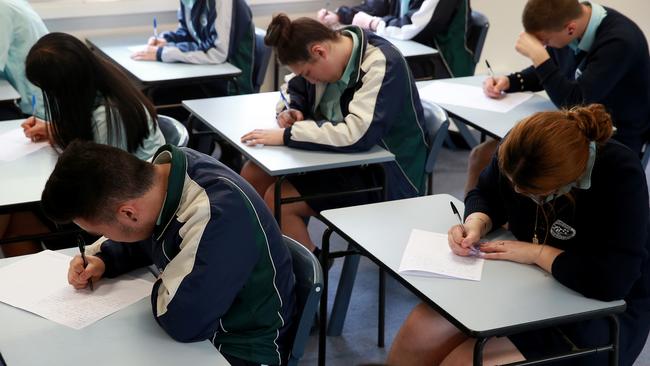
Janison group executive Sara Ratner said the test would help schools drive improvements.
“As an educator myself, I can see how this is a game-changer for Australian schools,” she said.
Janison founder Wayne Houlden said the partnership with the OECD was an opportunity to fulfil the company’s mission to power “best-in-class” educational assessments.
More than 14,000 15-year-olds from 740 schools across Australia sat the most recent PISA test, along with 600,000 of their peers from 79 countries.
The results — released in 2019 — showed Australian students to be falling behind other nations, failing to exceed the OECD average in maths while also plunging down the global rankings in reading and science.
The results were especially bad for NSW, which recorded the country’s biggest decline in reading and science since PISA tests began in the early 2000s.
The state’s performance in maths was also lacklustre.
A NSW Department of Education spokesman confirmed the state’s public schools would be participating in PISA for Schools.
“We are currently working on the details and will be releasing information soon,” the spokesman said.




